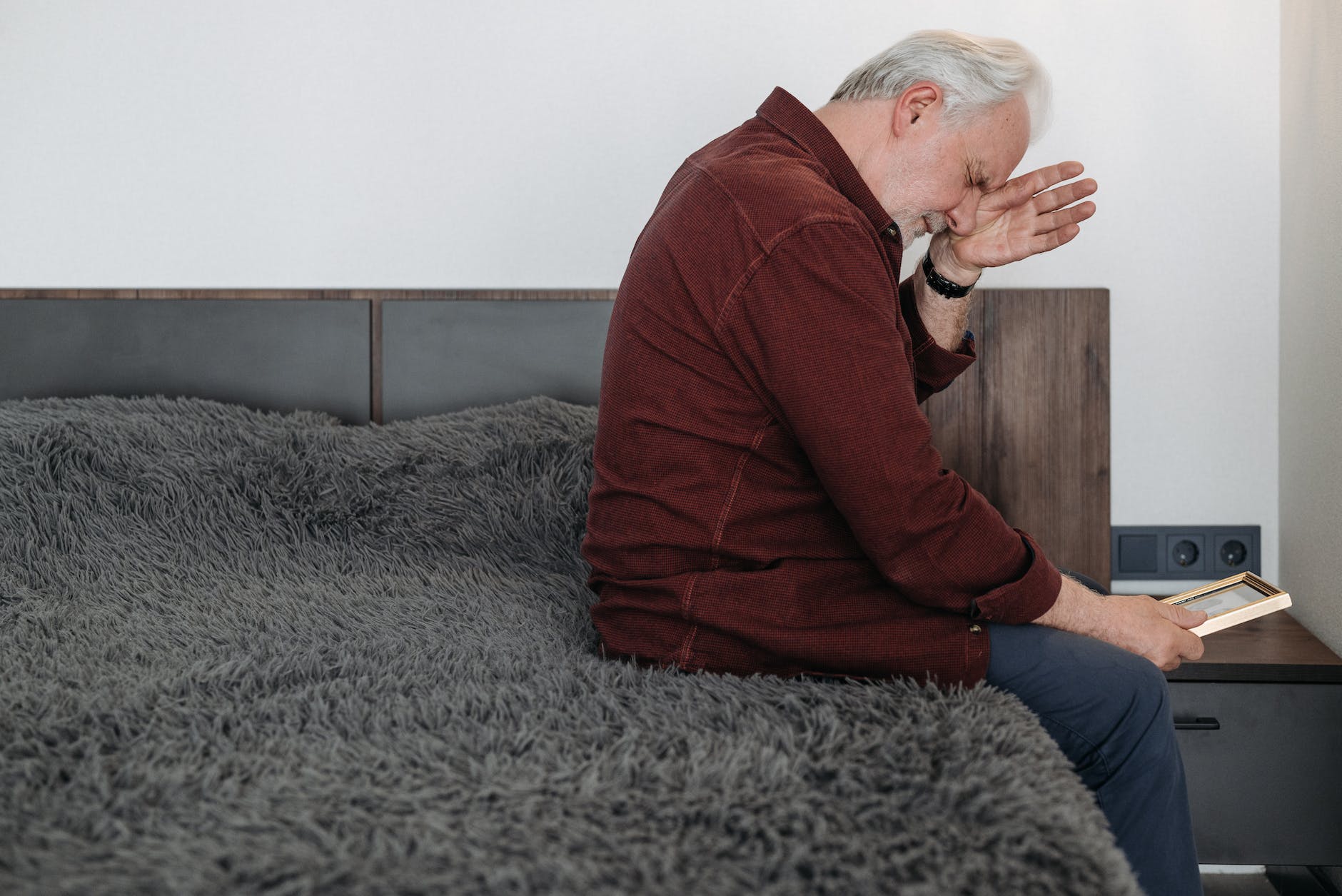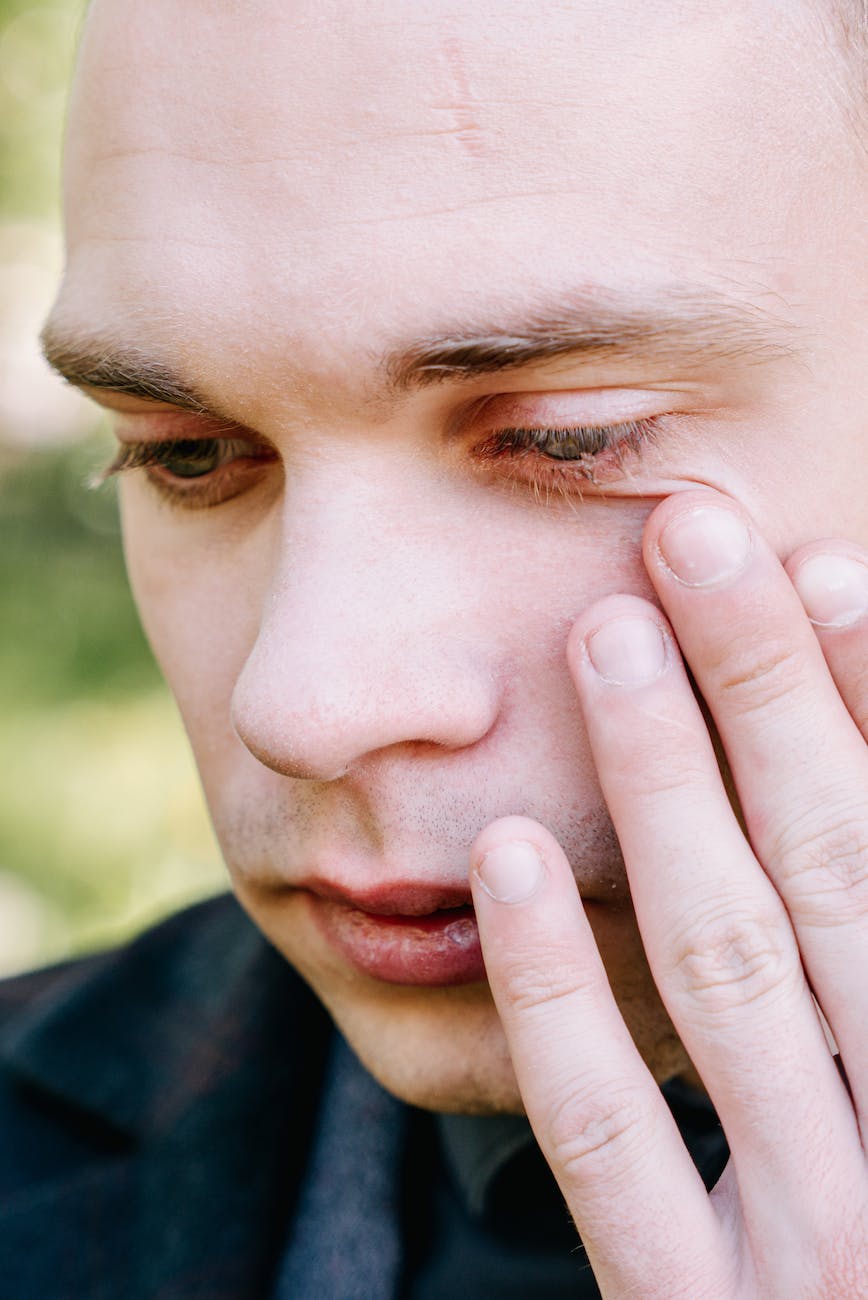
Coping with Grief and Loss
Grief and loss are probably the most difficult situations for any human being. A grieving person has lost someone or something they may never recover forever, and they may take a while before moving on from the sadness. If you’re experiencing grief and loss, there’s no shame in reaching out for help or trying to understand what exactly is going on with your emotions. We’ll discuss these two topics below so you can learn how to cope with them.
What are Grief and Loss?
Grief is a natural response to loss, whether it’s the death of a pet or loved one, the loss of a job or relationship, and so on. It’s important to know that grief isn’t an illness; it simply means you are experiencing sadness as a result of something bad that has happened in your life.
Grief and loss are inevitable in life, and they come and go. Depending on the impact of the loss, some people grieve for years or even fail to move on at all. It’s okay if you don’t heal from your loss because, for some people, time doesn’t heal but reduces the pain. Another thing you need to understand is that grief is a natural and healthy response to loss.
Also, people grieve differently. Some cry, engage in rituals (like memorial services or funerals), or seek professional help. There’s also no right way to console a grieving person — you can give remembrance flowers, spend time with them, help them with errands, and so forth.
The Stages of Grief and What Happens in Each
The “five stages of grief” model is the easiest route to understanding how people process the death of a loved one. The model is based on the work of psychiatrist Elisabeth Kübler-Ross, who studied dying people in the 1960s and 1970s. The five stages are:
- Denial – the brain protects you from pain by refusing to believe the loss is real. Denial helps you avoid feeling vulnerable and might make you wonder what to do if you feel dead inside. It’s often a way of coping with the loss, but it doesn’t work for everyone or every situation. Denial will only cause more problems when reality sets in the later stages of grief.
- Anger – when you’re grieving the loss of a loved one, it’s normal for your emotions to be a bit out of control. You may feel angry or even violently angry at someone or the situation you feel caused the death of your loved one. However, note that this type of anger isn’t healthy. If we don’t learn how to not let ourselves become so consumed by hatred toward others (and ourselves), we risk becoming bitter individuals who will never again find happiness in life because those around us now look evil.
- Bargaining – when you’re grieving and feel like your life has been completely turned upside down by the loss of something or someone close to you, it can be tempting—and even comforting—to start thinking about ways in which this terrible event could have been prevented or mitigated (i.e., “If only I hadn’t left my keys in the car.”). Bargaining means trying to find some kind of reason why things went wrong. This stage is always laden with blame, guilt, shame, insecurity, or fear.
Sometimes, bargained reasons aren’t really valid ones at all, and they can even lead us down the path of depression because they keep us from accepting reality fully enough.
- Depression – this is a feeling of sadness that lasts for a long time. In this stage, you feel empty or sad all the time, even when you’re doing things that would normally cheer you up. That’s when reality sets in, and you now have to accept and live with it. Some people report losing appetite, feeling suicidal and weak, as well as losing interest in socializing.
- Acceptance – this is not a stage of happiness, nor does it mean forgetting. It’s a process that takes time and effort, and it’s also an essential part of surviving grief. As you continue to process loss and learn from your experiences, acceptance becomes more natural—a choice rather than an obligation or the result of feeling sorry for yourself.
Elisabeth Kübler-Ross’s theory of the five stages of grief applies to a specific type of grief only and isn’t necessarily true for all types of grief or loss in life. You should always seek professional help if you have questions about your grieving process. Now, how do you move through the stages of grief with ease?
How to Cope With Grief and Loss

Coping with Grief and Loss
Grieving doesn’t always happen in the same way for everyone, but almost everyone finds it difficult to handle. All in all, it’s important to know that you’re not alone in your experience with grief—many people have experienced it and understand what it’s like to go through this process.
Here are some tips:
- Don’t rush through the grieving process—it’s okay if it takes months or even years before you feel better again, but allow yourself time to grieve.
- Take care of yourself by eating healthy, getting enough sleep, exercising regularly, and doing things that make you feel good (like watching TV, reading a book, or going for a walk with your dog).
- Talk to your friends and family. You may feel like you don’t want to burden them with your feelings, but it’s important to let them know that they can help you through this time in your life.
- There are many ways to console a loved one, including gifting them flowers and being available for them. Also, avoid making assumptions about how long it will take them to cope with the situation.
- Find support groups to share your grief with people who understand your situation.
- Focus on the present moment and stop worrying about things that have already happened.
Conclusion
You may be feeling upset or sad, but that doesn’t mean you have to stay in this state forever. You can get through grief and loss if you know how and where to get help. The tips we’ve just discussed can help you find comfort when you are going through a difficult time. And, remember that you don’t have to do it alone – there are support groups, counselors, and psychologists who will work with you one-on-one until things feel better again.






